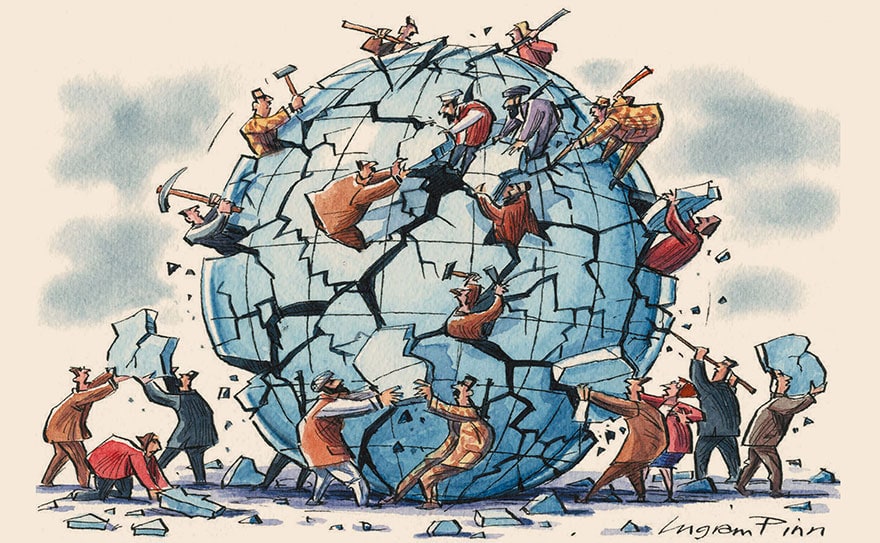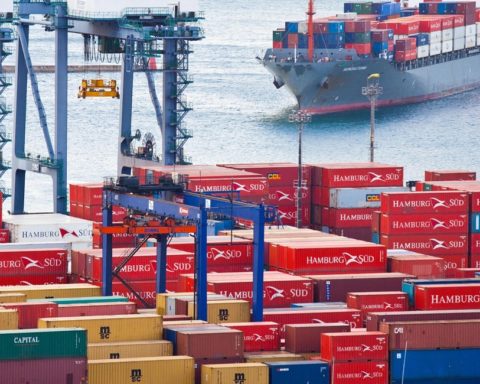Digital mutation
Digital risks
Digital Borders

Anything to add? Say it as a comment.

Anything to add? Say it as a comment.



Already registered? I'm connecting
Register and read three articles for free. Subscribe to our newsletter to keep up to date with the latest news.
→ Register for free to continue reading.

You have received 3 free articles to discover UP'.





